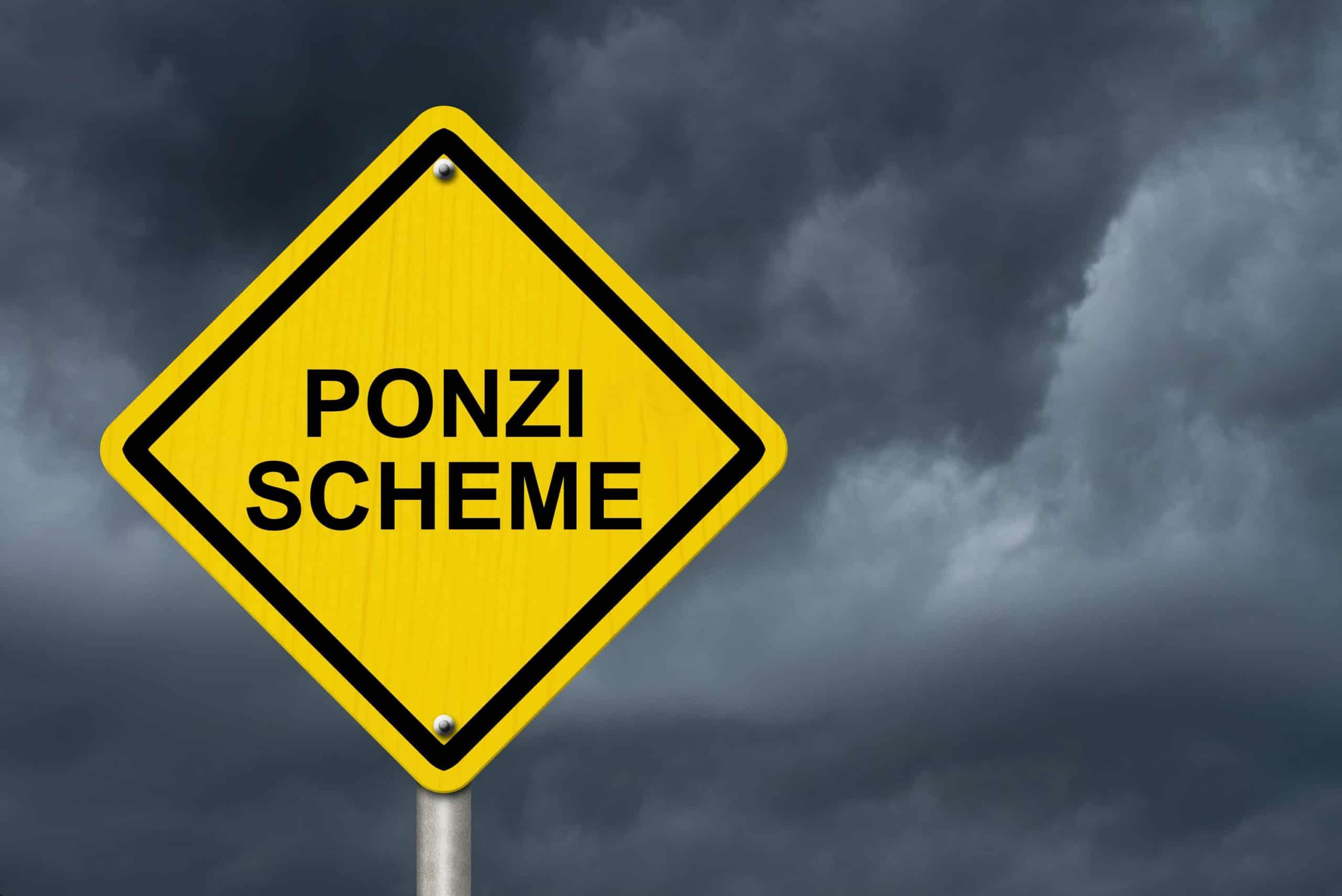Join Our Telegram channel to stay up to date on breaking news coverage
The Philippines’ government has been on high alert over what it perceives to be an increase in crypto-related crimes. On July 1, the country’s Securities and Exchange Commission (SEC) published a warning to increase awareness of illegal and fraudulent crypto investment schemes.
No Place for Crypto Ponzi Schemes
In the press release, the SEC listed three companies that had been offering unsanctioned investments – Forsage (a company that claims to run a protocol based on the Ethereum blockchain), RCashOnline, and The Saint John of Jerusalem Knights of Malta Foundation of the Philippines Inc.
The SEC claimed that it hadn’t given Forsage and RCashOnline the required licenses to operate. Thus, they shouldn’t be making investments or issuing contracts to members of the public.
Forsage, in particular, is a crowdfunding platform that generates active income based on the number of memberships and referrals that participants gather. The platform provides smart contracts, and the SEC notes that it will need to get approval before offering them.
As for the third company, it does have regulatory approval. However, the SEC claimed that it didn’t comply with its requirements – a violation that led to its license getting revoked. However, the company has continued to defy the regulator and has been operating for 17 years now.
Forsage and RCashOnline have compensation schemes that depend significantly on participants’ abilities to recruit people. As for Saint John, the SEC’s gripe with it pertains to operating despite license revocation. While the SEC has yet to make any arrests, it did warn that anyone who gets caught could face 21 years behind bars or a fine – or both.
“A maximum fine of P5 million or imprisonment of 21 years or both await those who act as salesmen, brokers, dealers or agents of entities engaged in unauthorized investment schemes,” the press release said in part.
The Philippines’ Crypto Problem
The Philippines has been battling what appears to be concentrated crypto scamming efforts for a while now. In April, the SEC warned citizens about The Billion Coin – an abundance-based digital asset that has been around for some years. The agency pointed out that its promoters targeted Filipinos, adding that anyone caught could also face a 21-year jail term. The Billion Coin bust was its third crypto scam flagging that month.
Last month, the Filipino Ministry of Finance issued an alert calling attention to Bitcoin Revolution, one of the industry’s top Ponzi schemes. As the alert explained, the fraudulent firm had impersonated Filipino President Rodrigo Duterte and Secretary of Finance Carlos Dominguez III. They had used Dominguez’s name and profile to promote Bitcoin Lifestyle – a fake crypto trading platform.
The scammers had spread false news about an article that claims the government created the asset. The article came with a fake profile from Duterte, where he allegedly urged citizens to find out more about the platform and get involved.
“We warn those behind these unscrupulous and unauthorized investment schemes that the government is monitoring the public space for such schemes, and will take appropriate legal and regulatory action,” the statement read in part
Join Our Telegram channel to stay up to date on breaking news coverage


